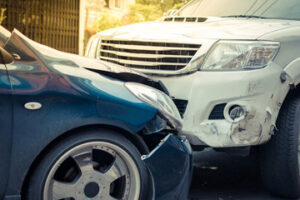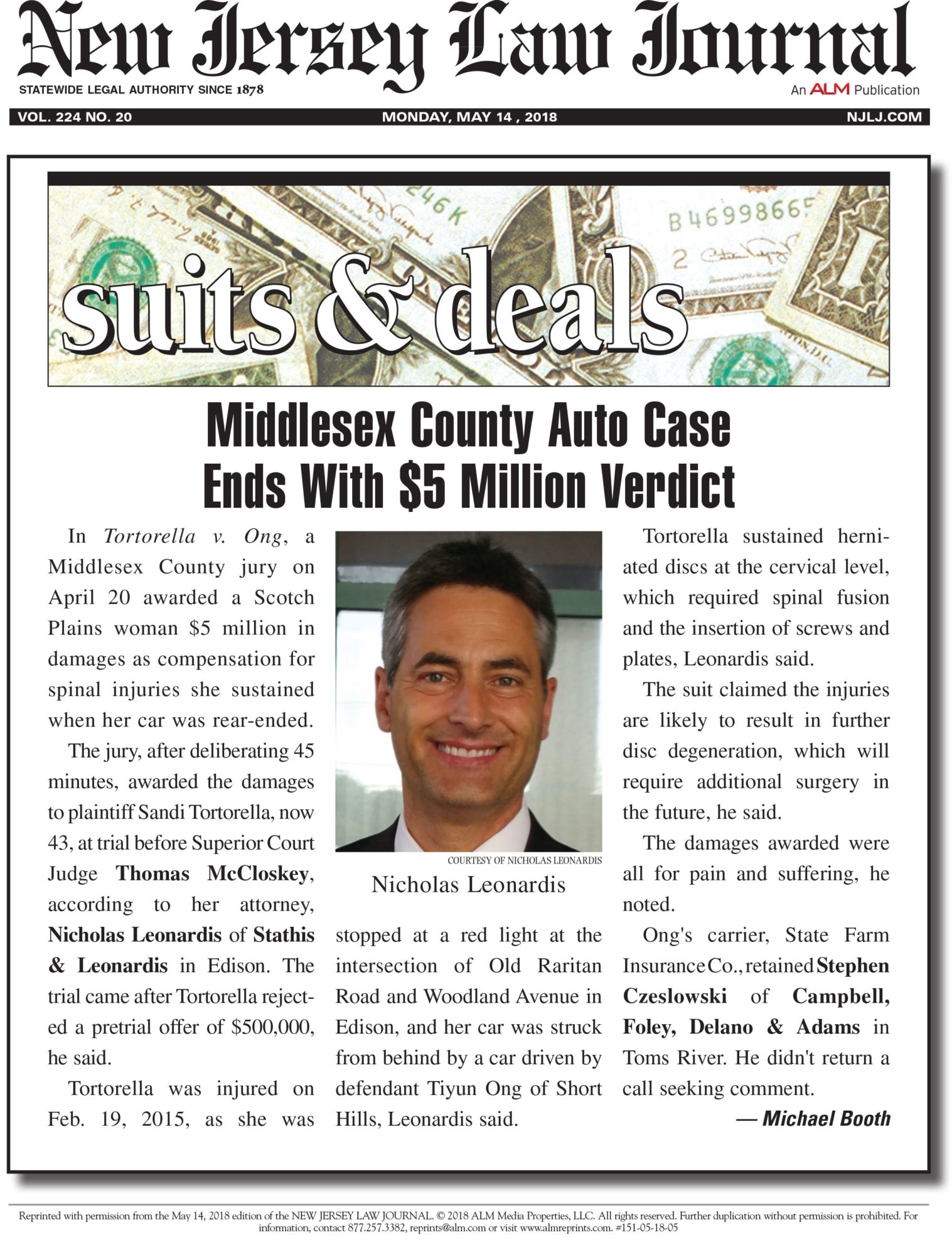
Car accidents are all too common in the U.S. Crashes occur every day on New Jersey roads, leading to injuries, property damage, and even death. An important consideration for victims of car accidents is who pays for vehicle damage during a personal injury case. The answer depends on which party is determined to be liable and various other factors. Speak with a Middlesex County personal injury attorney to obtain legal representation during your claim or lawsuit.
Is New Jersey an At-Fault State?
In an at-fault accident state, establishing liability is crucial in a personal injury claim or lawsuit. The party who is found at fault for the accident will be responsible for covering the victim’s costs (with the help of their insurance company). The victim will be able to pursue compensation through the liable party’s insurance for medical bills, property damage, loss of income, physical pain, emotional suffering, and more.
New Jersey, however, is not an at-fault state. Instead, NJ is known as a no-fault state. In a no-fault state, drivers are required to file a claim with their own insurance company for compensation relating to medical expenses and bodily injury. Each driver’s insurance will pay for their medical costs, lost wages, and other essential services regardless of blame or fault.
Who Pays for Damage to My Vehicle in a Personal Injury Case?
Despite the fact that New Jersey is a no-fault state, liability does matter in some instances. Each driver’s insurance is only required to compensate them for their medical or essential expenses. This does not include property damage.
Once liability has been established you can file a property damage claim with the other driver’s insurance provider. Their liability insurance will cover the cost of repairing your vehicle. If you are liable, however, you must file an additional claim with your own insurance company using collision coverage.
What is Comparative Negligence?
Comparative negligence is an important legal matter to understand when dealing with a personal injury claim or lawsuit. New Jersey enforces comparative negligence laws, meaning that the details of the incident will be examined and a portion of the responsibility for the accident will be assigned to each party involved.
Under NJ’s modified comparative negligence laws, victims of an accident can be assigned partial blame depending on the circumstances. The other party may be 100% liable, in which case the victim is able to receive the entirety of their expenses as compensation. However, if the victim is found to be 10% responsible, they can only be awarded 90% of what they otherwise would have.
Work with a skillful injury lawyer for more information and to learn about your legal options. An attorney can help you understand your rights and navigate the process of filing a personal injury claim.






